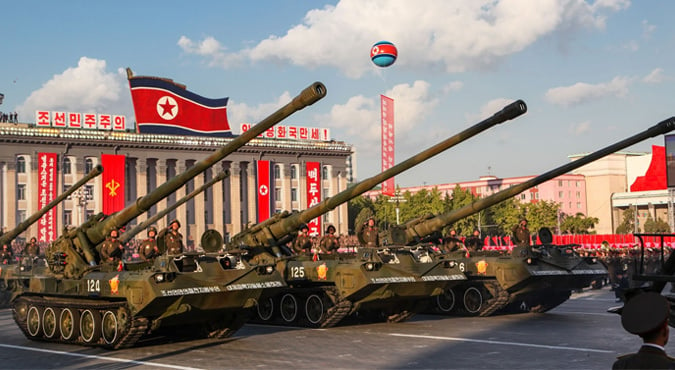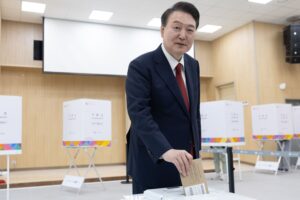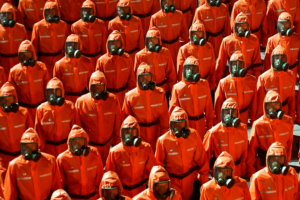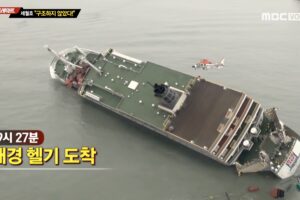As a result of recent bilateral measures and increasing tensions, there are few exit ramps ahead to de-escalate tension between Pyongyang and the U.S. - South Korea alliance, Dr. Victor Cha, Korea Chair of the CSIS think-tank, told NK News in Seoul on Tuesday.
And with data suggesting North Korea may conduct provocations around forthcoming joint military drills or the pending U.S. election, it's hard to be optimistic about how things might play out in the coming months, should an incident occur.
As a result of recent bilateral measures and increasing tensions, there are few exit ramps ahead to de-escalate tension between Pyongyang and the U.S. - South Korea alliance, Dr. Victor Cha, Korea Chair of the CSIS think-tank, told NK News in Seoul on Tuesday.
And with data suggesting North Korea may conduct provocations around forthcoming joint military drills or the pending U.S. election, it's hard to be optimistic about how things might play out in the coming months, should an incident occur.
Become a member for less than $4 per week.
Unlimited access to all of NK News: reporting, investigations, analysis
The NK News Daily Update, an email newsletter to keep you in the loop
Searchable archive of all content, photo galleries, special columns
Contact NK News reporters with tips or requests for reporting
Get unlimited access to all NK News content, including original reporting, investigations, and analyses by our team of DPRK experts.
Subscribe now
All major cards accepted. No commitments – you can cancel any time.










